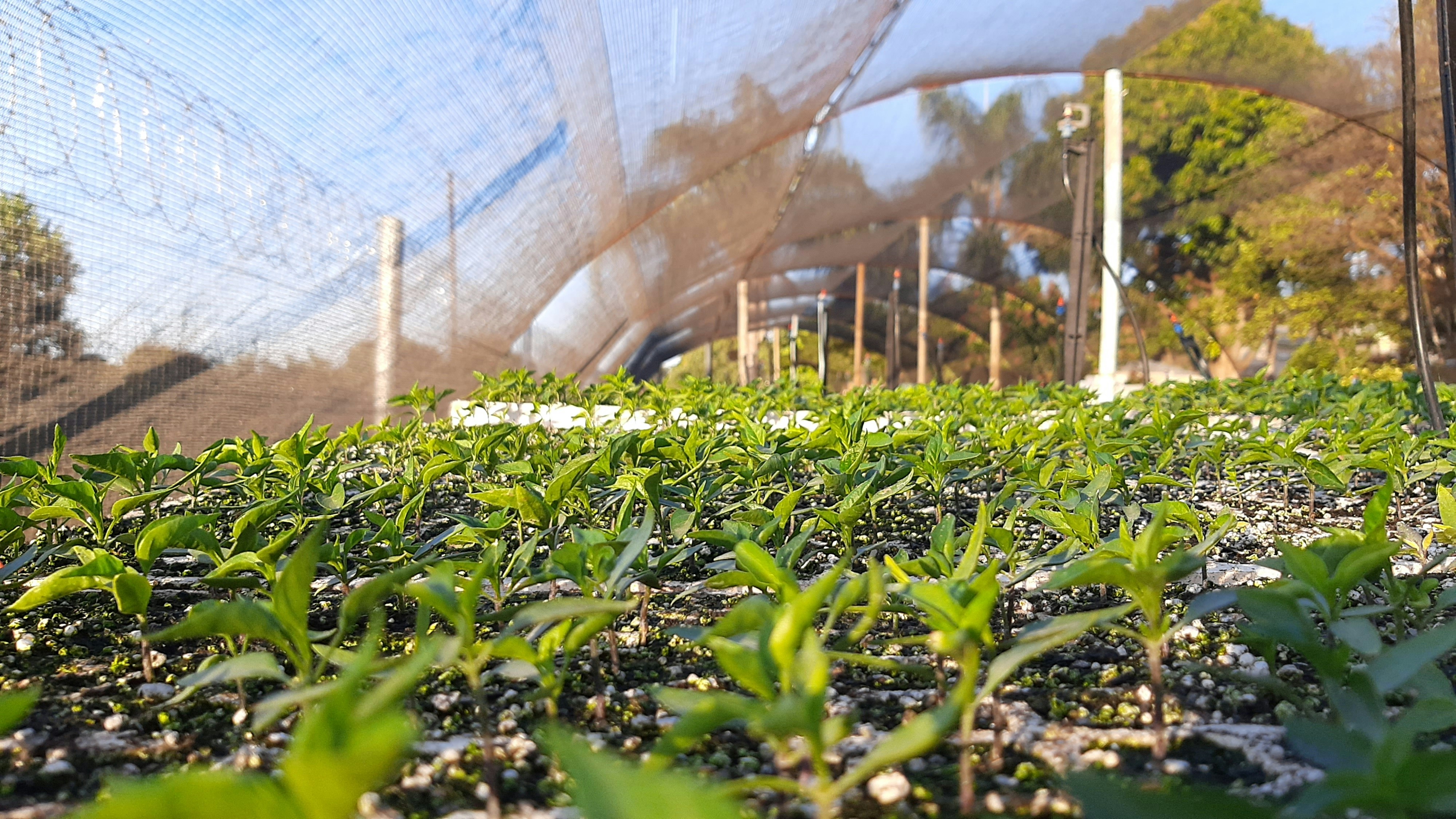Leading the Way: How Tunnel Houses are Changing the Landscape of Sustainable Farming

Global warming and western disturbance affect the climatic conditions, negatively disrupting agricultural produce. Despite this, people do stick to open-field farming that, in reality, requires more resources, is less energy efficient, consumes more water, and even uses chemicals. These even degrade soil, lead to ground-level water depletion, and increase carbon footprint as well.
Here's where the tunnel house has emerged as a game changer consisting of galvanized aluminum frame steel. Further, it is covered with plastic or polythene sheets with further setup for a controlled environment without chemicals. While they offer economic benefits, they are revolutionizing sustainable farming for good.
To know the exact details, keep reading the next section for more!
How Do Tunnel House Benefit Sustainable Farming?
Tunnel houses are similar to greenhouse farming, yet the latter is expensive and has similar benefits. There are various reasons why tunnel houses revolutionize sustainable agriculture.
Hence, you can continue agricultural practices without replenishing reserves for future generations.
Below-mentioned is a list of the advantages that tunnel house offers:
1. Doesn't Harm The Environment
The most direct benefit of using tunnel houses for agriculture is that it doesn't harm the environment.
It can be categorized into two perks:
Reduced Reliance on Pesticides and Chemical Fertilizers
Tunnel houses provide a particular and controlled environment that protects against harmful chemicals, bugs, and diseases.
Hence, it reduces the use of insecticides and pesticides that maintain soil fertility and don't harm the environment.
Minimizes Carbon Footprint
A controlled environment using tunnel houses can be set up at places where the produce needs to be supplied. Hence, it saves the transportation required for supply.
Besides, it uses solar energy instead of fossil fuel-powered heaters to keep plants warm. Therefore, these environmentally friendly practices reduce carbon footprint.
2. Water Conservation and Groundwater Replenishment
Tunnel houses use water-efficient practices that help conserve water and replenish groundwater.
Drip Irrigation and Water Recycling Systems
Tunnel houses rely on sprinkle and drip irrigation methods directly transporting the required water to the roots. Hence, it saves water. Besides, some do set up smart systems that recycle existing water.
Reduced Evaporation
Tunnel houses have a confined environment; hence, the water evaporated is less than in conventional practices. Thus, it conserves water.
Rainwater Harvesting
Tunnel houses have systems that collect and harvest rainwater for future use. Therefore, it saves groundwater by acting as a means of irrigation when needed.
Groundwater Replenishment Using Sustainable Practices
Tunnel house farming doesn't use insecticides, pesticides, or other chemicals. This keeps the soil fertility intact and acts as a sponge. Hence, the soil's tendency to absorb rainwater increases, which directly increases available groundwater levels.
3. Increased Crop Yields and Extended Growing Seasons
There are various ways in which tunnel houses provide better crop yields and extended growing seasons. While most of you have a clue, read on to learn every perspective to find a novel approach.
Protection from Harsh Weather Conditions
Tunnel house structures act as a protective shield against controlling harsh weather conditions like wind, rain, hail, and frost. Besides, farmers can control temperatures inside it, thus controlling excessive health and cold as well as saving agricultural produce.
Extended Growing Seasons With Better Yield
Every crop has a season for growth, so they don't grow in another season except in laboratories. But the latter have various chemicals. Controlled temperatures let you adjust temperatures and conditions, thus creating a microclimate that is optimal for your crop's growth.
Besides, even regions where conditions aren't fertile for agriculture can have agricultural produce. This is achieved by creating favorable conditions without using any chemicals.
4. Increased Profitability for Farmers
Farming using tunnel houses benefits farmers by reducing initial costs and efficiently utilizing the available resources. This is because it saves on groundwater, fertilizers, insecticides, and pesticides.
It uses natural obstacle control methods and drip irrigation to increase groundwater levels naturally. Besides, though setup has associated costs, it requires less land as compared to open-field farming.
Moreover, it even saves their agricultural produce from harsh environmental conditions that conventional farming doesn't provide. Growing off-season yields also help them get competitive prices in the markets.
5. Contribution to Local Food Security
One of the most underrated benefits of tunnel house farming is its contribution to local food security.
This is due to the following reasons:
Locally Grown Fresh Produce
Tunnel houses allow crops to grow anywhere without worrying about environmental conditions and fertility. Hence, it enables farmers to produce crops in the area of availability without chemicals that give you fresh and nutritious food anywhere.
Support for Small-Scale Farmers and Increased Employment
Tunnel houses increase agriculture opportunities by providing controlled fields in abundance. Hence, every region can have farming opportunities, thus supporting small-scale farmers and increasing employment.
Besides, farmers can broaden their horizons using sustainable practices by standing competitive in the markets. An increased yield is already a further economic asset to them.
Therefore, it also contributes to local food security by empowering construction and farm management individuals.
The Final Verdict: Tunnel House The Game Changer of Sustainable Farming
Tunnel house has emerged as a game changer in sustainable farming. Whether it be environmental, water conservation, groundwater replenishment, economic benefits, or extended growing seasons, they are an asset.
In the beginning, it might seem challenging, yet with Empak's Elite Tunnel services, you get affordable solutions for novel farming approaches. They have the required experience and help you build the best tunnel house for sustainable farming. So, what stops you from adopting it? Get in touch with them now!
(Devdiscourse's journalists were not involved in the production of this article. The facts and opinions appearing in the article do not reflect the views of Devdiscourse and Devdiscourse does not claim any responsibility for the same.)










